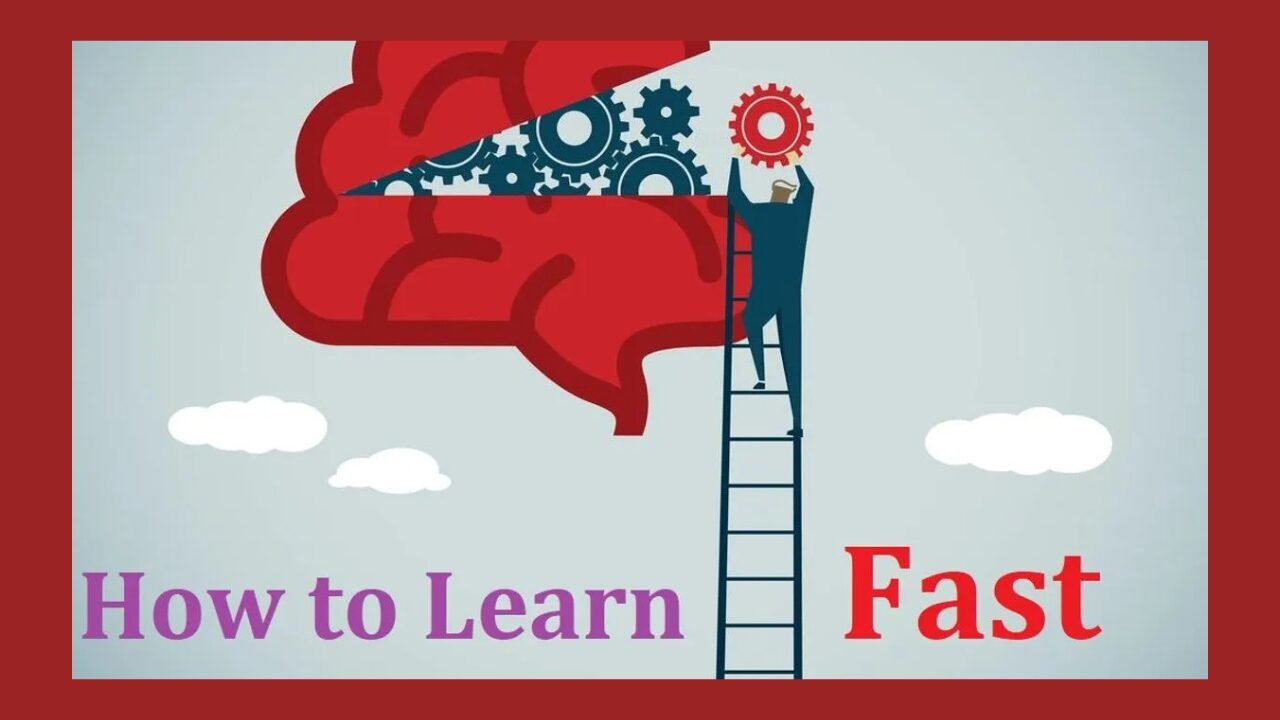Top Learning Tips to Boost Your Knowledge Fast

Ever feel like there’s just too much to learn and not enough time? You’re not alone. Whether you are cramming for an exam, mastering a new skill for work, or just trying to keep up with the world, learning faster and smarter can give you a serious edge.
The good news? Learning doesn’t have to be slow or tedious. With the right strategies, you can supercharge your brain, reduce your study time, and remember what you learn.
Below are some of the most effective, science-backed tips to help you absorb knowledge like a sponge—and keep it there. Ready to upgrade your learning game? Let’s dive in.
8 Best Learning Tips for Students to Enhance Knowledge
Here are some of the best learning tips for students to enhance their knowledge over a day for better understanding.
1. Set Clear Learning Goals
Why it matters: When your goal is too big or vague, it’s easy to get overwhelmed or distracted. Precise, small goals help you stay focused and make consistent progress.
How to do it:
- Break down a significant topic into smaller, manageable tasks.
- Set daily or weekly targets.
- Make your goals specific and measurable.
💡 Example: Instead of setting a vague goal like “learn Spanish,” try something more specific, such as “learn 20 new Spanish verbs this week” or “learn how to say basic phrases like ‘How are you?’ in Spanish.
2. Use Active Recall
Why it matters: Your brain learns better when it works to retrieve information rather than just reviewing it passively. Active recall forces you to pull knowledge from memory, strengthening those neural connections.
How to do it:
- Close your book and write down or say what you just learned.
- Use flashcards to test yourself regularly.
- Teach the concept to someone else—if you can explain it, you understand it deeply.
🧠 Try: Flashcards, practice tests, or even teaching the concept to someone else.
3. Embrace Spaced Repetition
Why it matters: Spaced repetition helps move knowledge from short-term to long-term memory by revisiting information over time, not all at once.
How to do it:
- Review new information shortly after learning it.
- Review it again the next day, a few days later, and then weekly.
- Use tools like Anki, Quizlet, or Notion flashcards that support spaced repetition algorithms.
📅 Use Classroom tools like Anki or Quizlet to automate spaced repetition.
4. Apply What You Learn
Why it matters: We remember best what we do, not just what we read or hear. Applying new knowledge in a real context makes it more meaningful and more straightforward to recall later.
How to do it:
- Create small projects based on what you learn.
- Use new vocabulary in daily conversation.
- Focus on solving problems instead of only reading about them.
🔧 “Learn by doing” is the golden rule here.
5. Stay Curious and Ask Questions
Why it matters: Asking questions pushes your brain to connect ideas, spot gaps in understanding, and think critically—key ingredients for mastering any subject.
How to do it:
- Ask yourself: Why does this work? How does this relate to my knowledge?
- Use the “5 Whys” technique—keep digging until you reach the root understanding.
- Write down questions as you study, then look up the answers.
❓ If something doesn’t make sense, dig deeper instead of glossing over it.
6. Take Smart Breaks
Why it matters: Our brains struggle to focus for long periods. Short, focused sessions with regular breaks increase concentration and reduce mental fatigue, one of the best learning tips you can’t miss.
How to do it:
- Set a 25-minute timer and focus on one task.
- After 25 minutes, take a 5-minute break.
- After four “Pomodoros,” take a more extended 15–30 minute break.
🧘♂️ Step away, stretch, hydrate, and then get back to it refreshed.
7. Use Multiple Learning Styles
Why it matters: Everyone absorbs information differently. Engaging multiple senses helps you understand from different angles and reinforces memory.
How to do it:
- Combine reading (visual) with listening to podcasts (auditory).
- Draw mind maps or diagrams (visual + kinesthetic).
- Watch videos, take notes, and then explain concepts aloud.
Mix it up! Combine reading, watching videos, listening to podcasts, or drawing diagrams, which is one of the teaching strategies that your teachers often use. The more senses you involve, the better your brain locks it in.
🎧 📖 🖊 Visual, auditory, and kinesthetic learning all have their place.
8. Track Your Progress
Why matters: Seeing how far you’ve come builds motivation and confidence. Reflecting helps you recognize what’s working—and what isn’t—so you can adjust your strategy.
How to do it:
- Keep a learning journal or digital log.
- At the end of each study session, jot down what you learned, what was hard, and what you want to improve.
- Set weekly check-ins to review progress.
✅ Progress = motivation to keep going.
READ MORE
Final Thought
In a constantly evolving world, the ability to learn quickly is one of the most valuable skills you can have. But here’s the secret—it’s not about grinding harder; it’s about learning smarter. You turn every study session into a decisive step forward using techniques like active recall, spaced repetition, and goal setting.
Remember, learning isn’t just for school or work—it’s a lifelong adventure. Stay curious. Experiment with new methods. Celebrate the small wins. The more intentional you are with how you learn, the more unstoppable you become.
